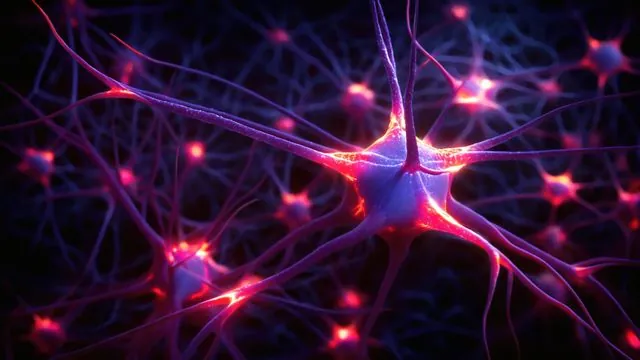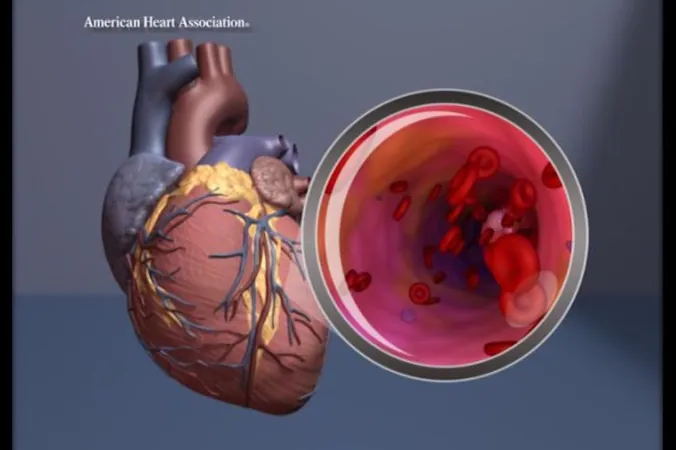
Your Brain's GPS: Adapting With Every Familiar Step!
2025-07-28
Author: Ming
Unlocking the Secrets of Your Brain's Navigation System
A groundbreaking study from Northwestern University reveals that your brain's internal GPS is not as fixed as previously thought. Each time you navigate a familiar setting, your brain reshapes its neural map, actively engaging different "map-making" neurons.
Memories on the Move: What This Means for You
According to the research, even if you walk the same path daily, the specific neurons involved in recalling that path vary with every journey. This revelation not only deepens our understanding of how the brain manages spatial memory but could also transform how we perceive memory, learning, and the effects of aging.
"Our findings confirm that spatial memories in the brain are fluid rather than static," explains Dr. Daniel Dombeck, a lead author of the study. "You can’t pinpoint a single location in the brain and say, ‘That’s where that memory is stored.’ Instead, our investigations show that memories shift among different neurons over time."
Beneath the Surface: The Hippocampus and Memory
Located in the temporal lobe, the hippocampus has long been recognized as the hub for memory consolidation in spatial navigation. For years, scientists assumed that simply retracing your steps would activate the same sequence of neurons each time. Yet, exciting discoveries in recent years have suggested otherwise—neurons can fire in different patterns, even in identical environments.
A Controlled Experiment: The Virtual Reality Maze
To investigate this puzzle, Dombeck and his team utilized a cutting-edge multisensory virtual reality setup. They ensured every variable was controlled: from visual cues to olfactory stimuli. Even in a meticulously crafted virtual maze, unique sets of neurons activated with each run, confirming the dynamic nature of those spatial maps.
The Aging Brain and Memory Forging
Interestingly, while most neuron patterns varied, some of the most excitable neurons demonstrated greater stability over multiple trials. This observation raises questions about how the aging process affects our memory formation—suggesting that as we age, our ability to encode new experiences may wane due to decreased neuronal excitability.
Why Does This Happen?
Though Dombeck is still exploring the reasons behind these neural shifts, he speculates that temporal factors could play a key role. Even while experiencing the same physical stimuli, the brain might alter how it stores these memories to ensure we can distinguish between similar events that occur at different times.
So, the next time you take a familiar stroll, remember: your brain is continuously adapting, layering fresh experiences onto a constantly evolving mosaic of memories!



 Brasil (PT)
Brasil (PT)
 Canada (EN)
Canada (EN)
 Chile (ES)
Chile (ES)
 Česko (CS)
Česko (CS)
 대한민국 (KO)
대한민국 (KO)
 España (ES)
España (ES)
 France (FR)
France (FR)
 Hong Kong (EN)
Hong Kong (EN)
 Italia (IT)
Italia (IT)
 日本 (JA)
日本 (JA)
 Magyarország (HU)
Magyarország (HU)
 Norge (NO)
Norge (NO)
 Polska (PL)
Polska (PL)
 Schweiz (DE)
Schweiz (DE)
 Singapore (EN)
Singapore (EN)
 Sverige (SV)
Sverige (SV)
 Suomi (FI)
Suomi (FI)
 Türkiye (TR)
Türkiye (TR)
 الإمارات العربية المتحدة (AR)
الإمارات العربية المتحدة (AR)